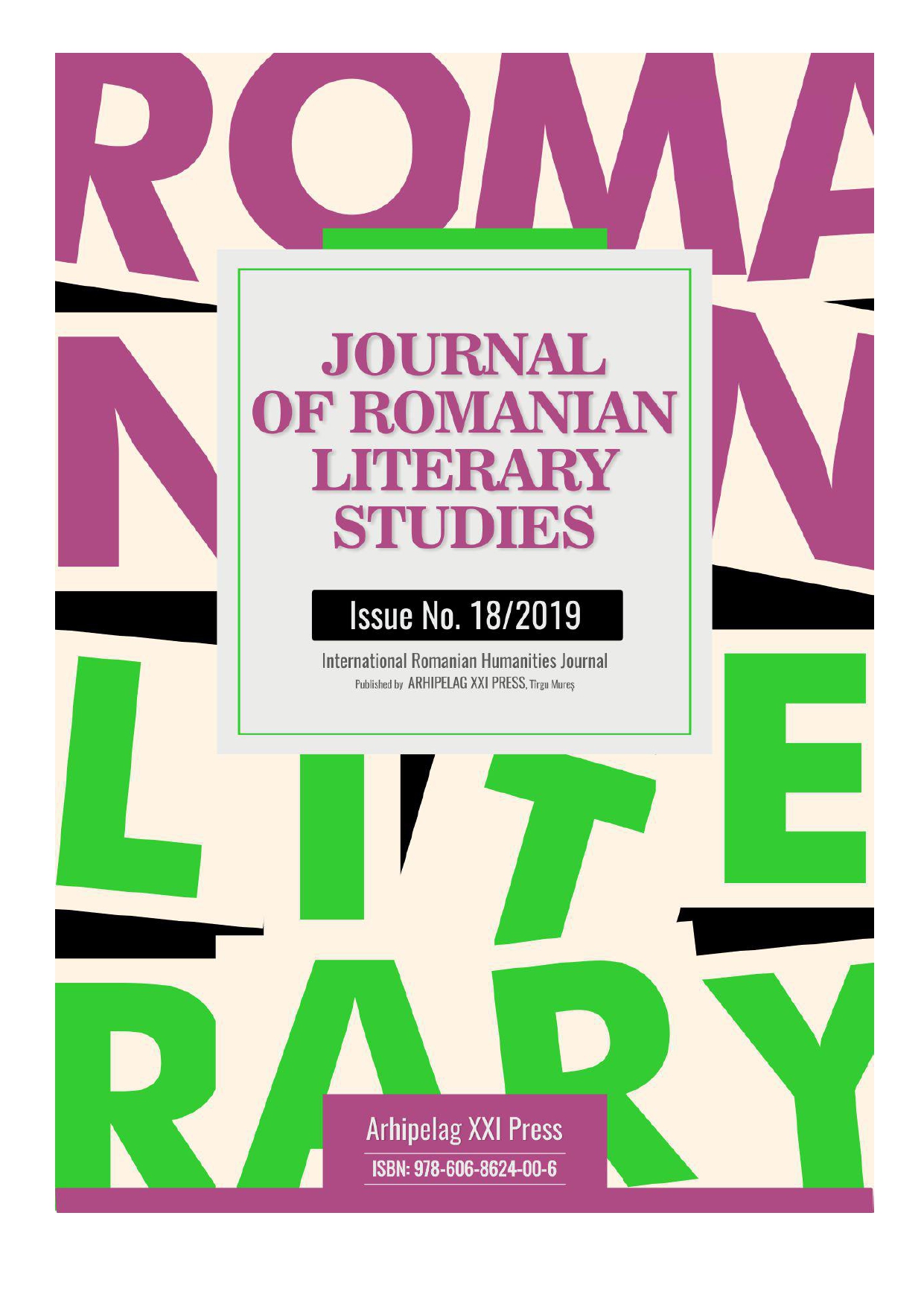LANGUAGE AS A SYMBOLIC AND CREATIVE ACTIVITY: THE CASE OF HELEN KELLER
LANGUAGE AS A SYMBOLIC AND CREATIVE ACTIVITY: THE CASE OF HELEN KELLER
Author(s): Oana BocSubject(s): Applied Linguistics, Lexis, Descriptive linguistics, Philology
Published by: Editura Arhipelag XXI
Keywords: language; communicative function; signifying function; signified; symbolic activity;
Summary/Abstract: Those deprived of both hearing and sight who nevertheless manage to speak have drawn the attention of specialists from various fields, especially in light of the astonishing things that these disabled people managed to achieve. It is our belief that these cases are particularly relevant for the field of linguistics, considering the fact that, beyond the aspects pertaining to language acquisition, they also reveal a number of elements likely to shed light on the role of language and provide answers to seemingly unanswerable questions, such as, for instance: how would a human being relate to the world in the absence of language? Furthermore, by way of life experiences, they come to confirm numerous theoretical considerations regarding the definition and understanding of language. Therefore, the aim of our paper is to examine, in light of Helen Keller’s case, of her testimonies, some of these aspects relevant for a definition of the specific nature of language, for the understanding of the essential signifying function of language, which involves the emergence of signifieds, of linguistic contents, within the human conscience. Helen Keller’s life experience, presented in her autobiographical book The Story of My Life (1902), clearly indicates the fact that language is not an instrument of communication, as it is not a given and it is not exterior to the human being, but rather a symbolic and creative activity of the human being.
Journal: Journal of Romanian Literary Studies
- Issue Year: 2019
- Issue No: 18
- Page Range: 457-465
- Page Count: 9
- Language: Romanian

